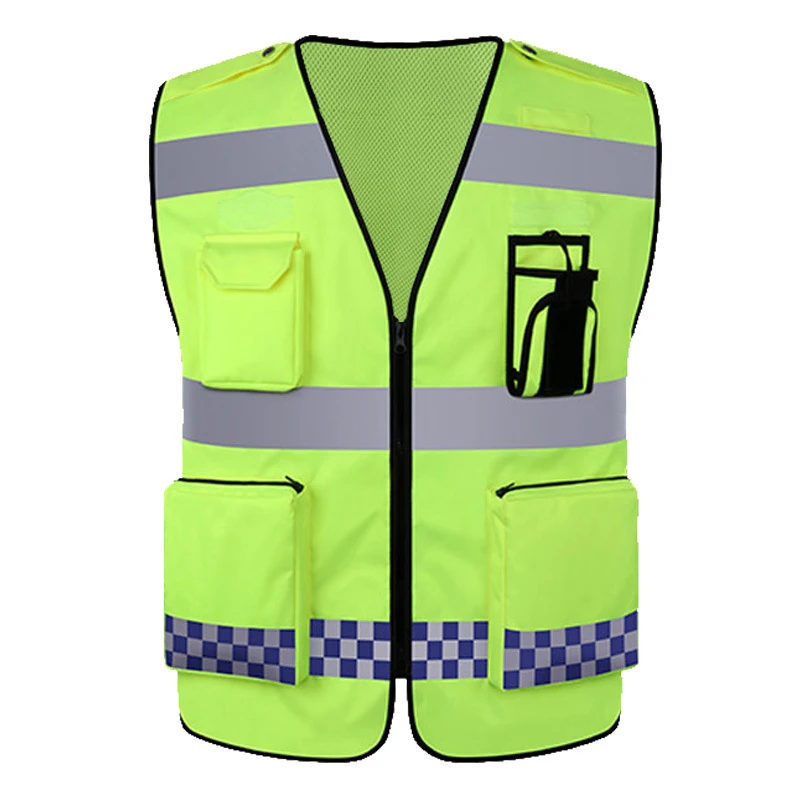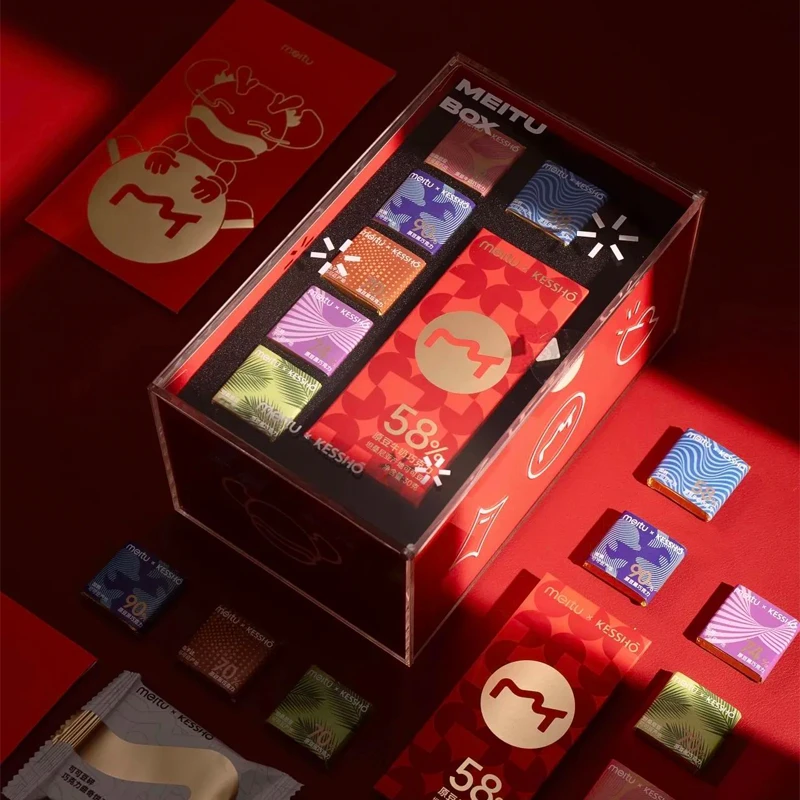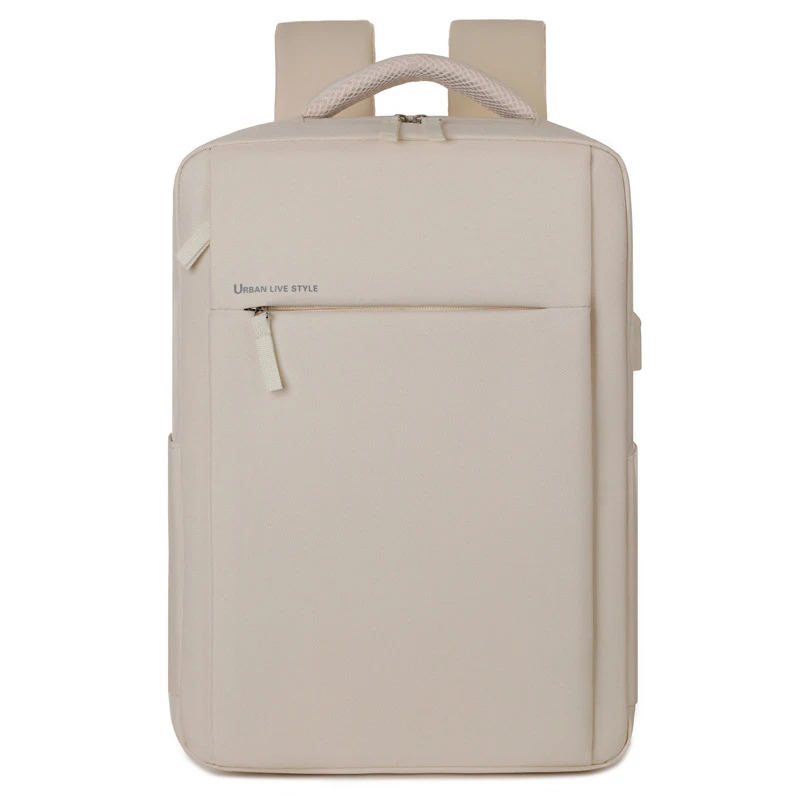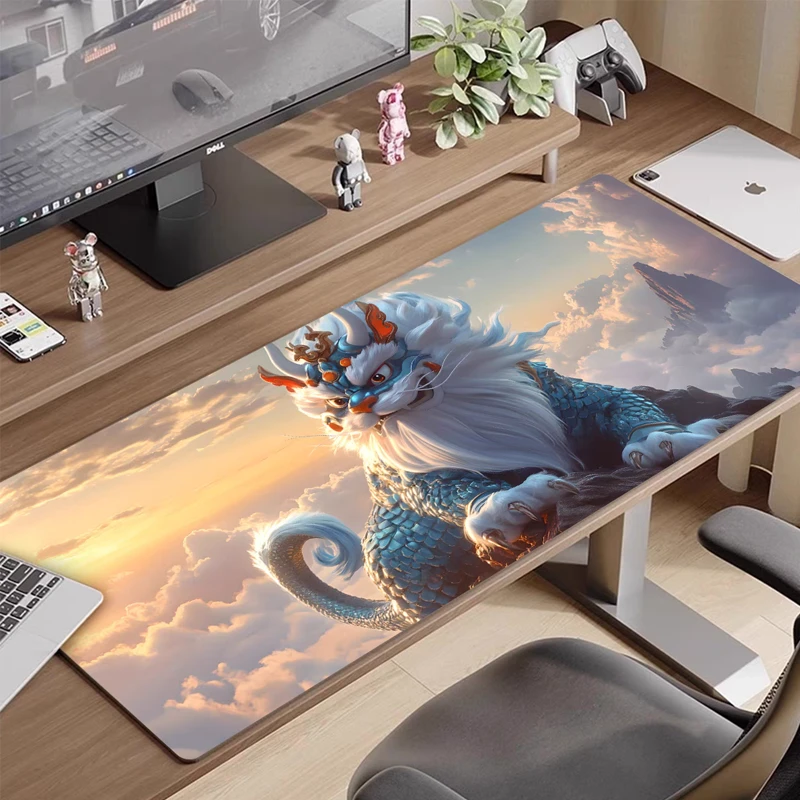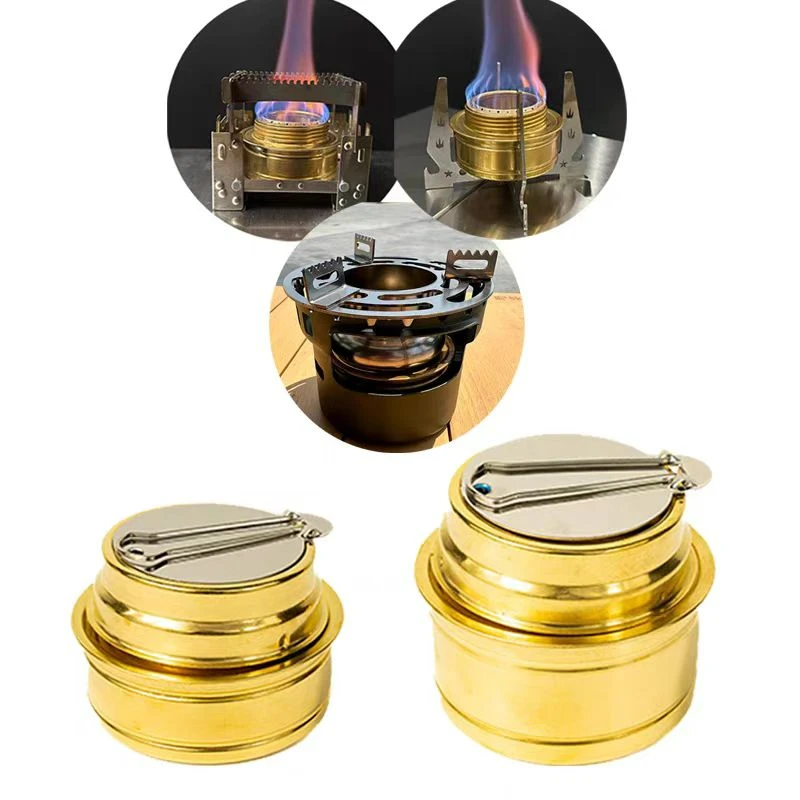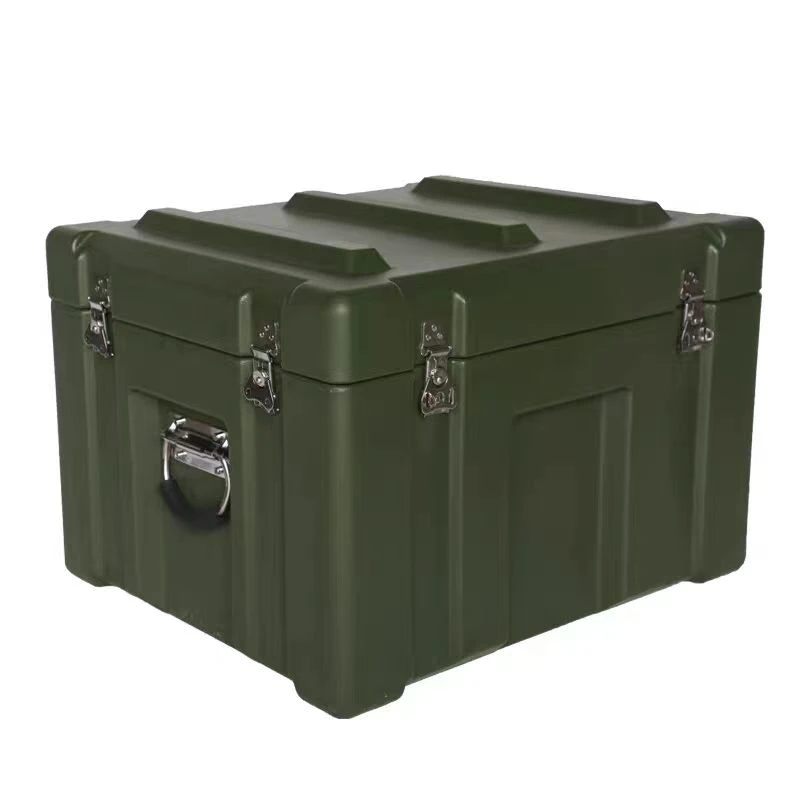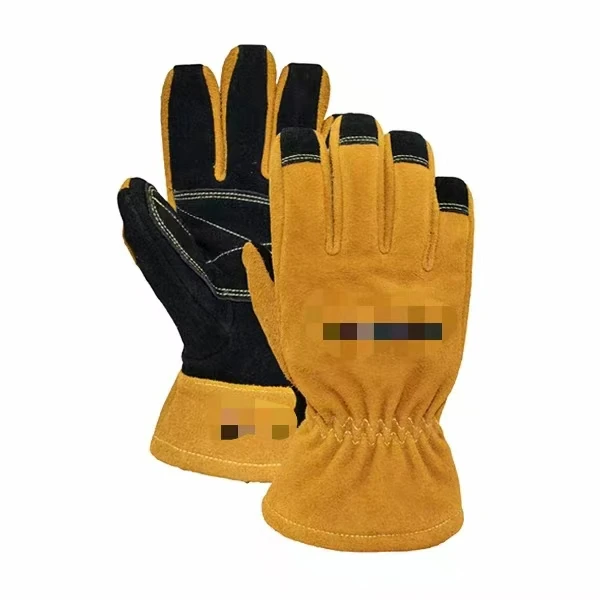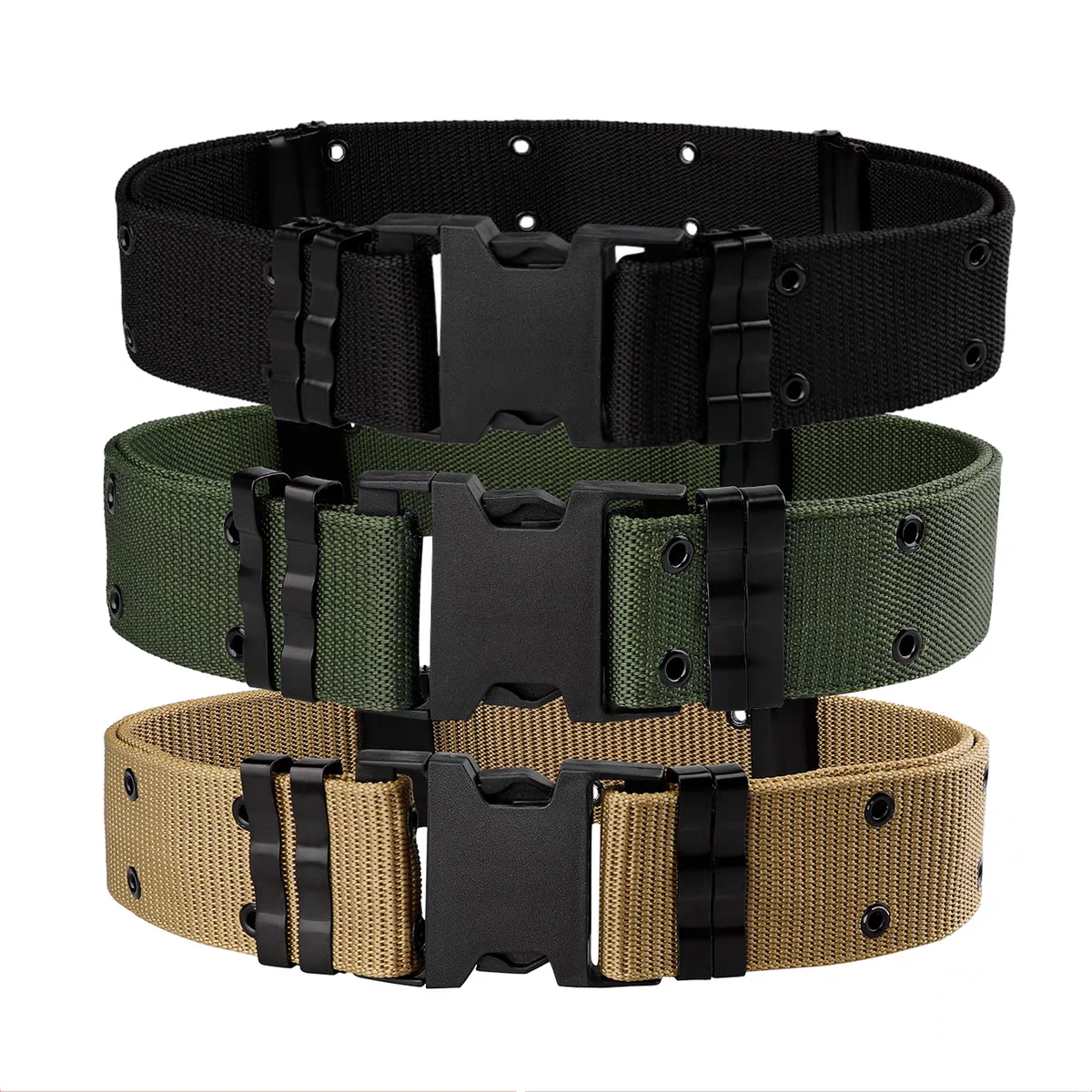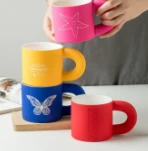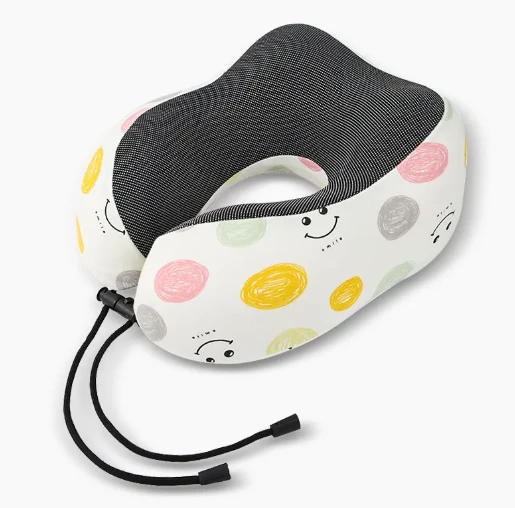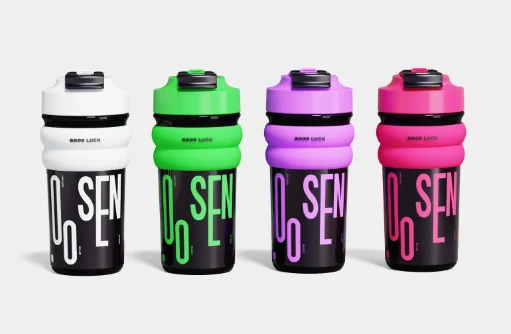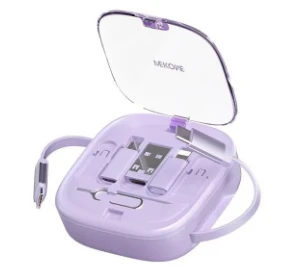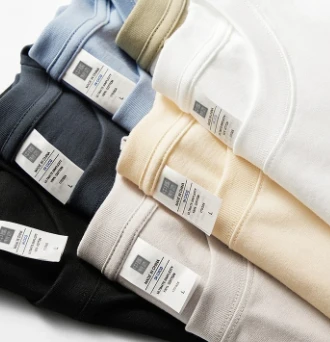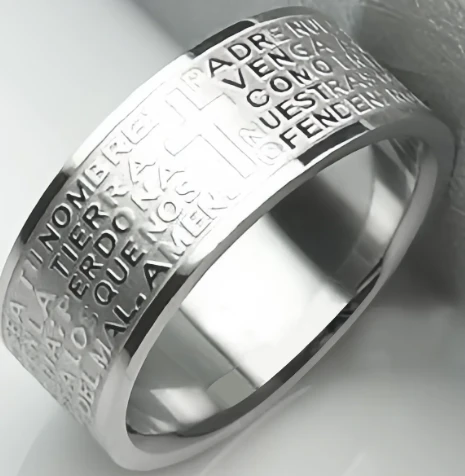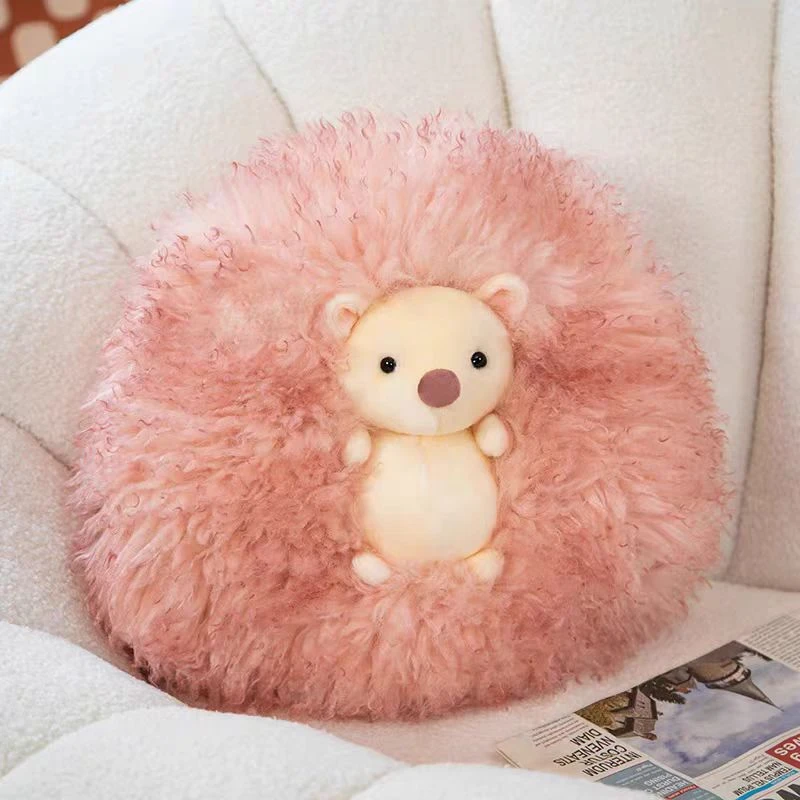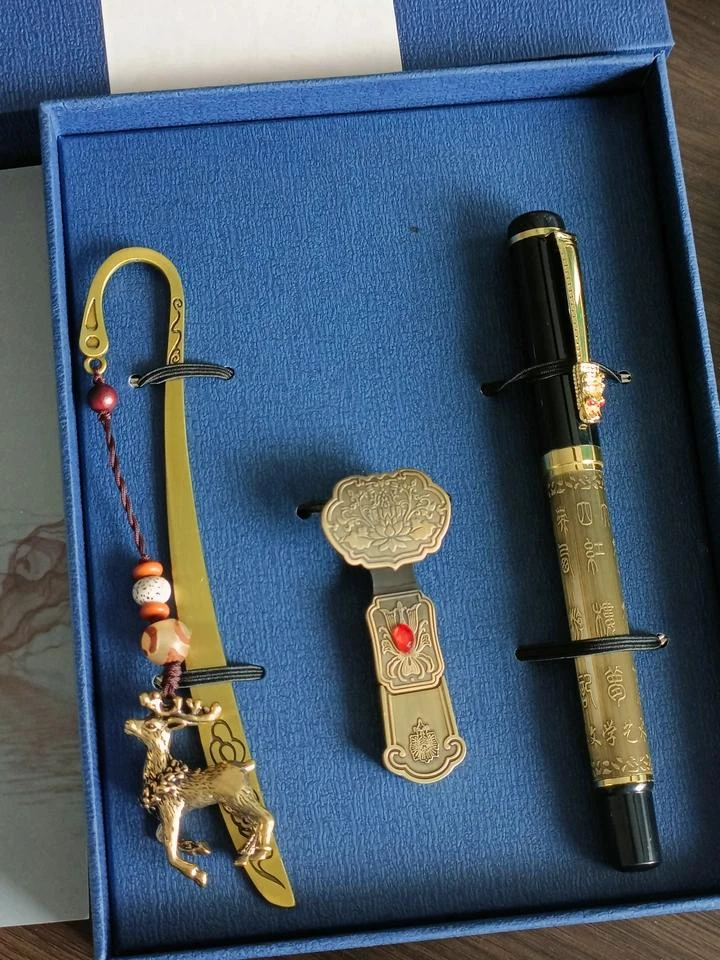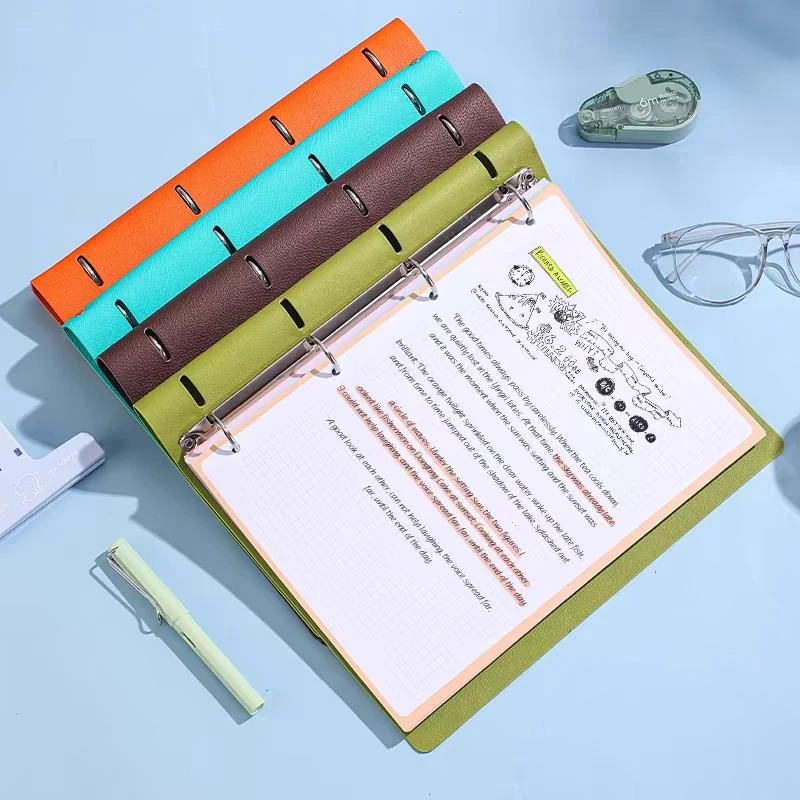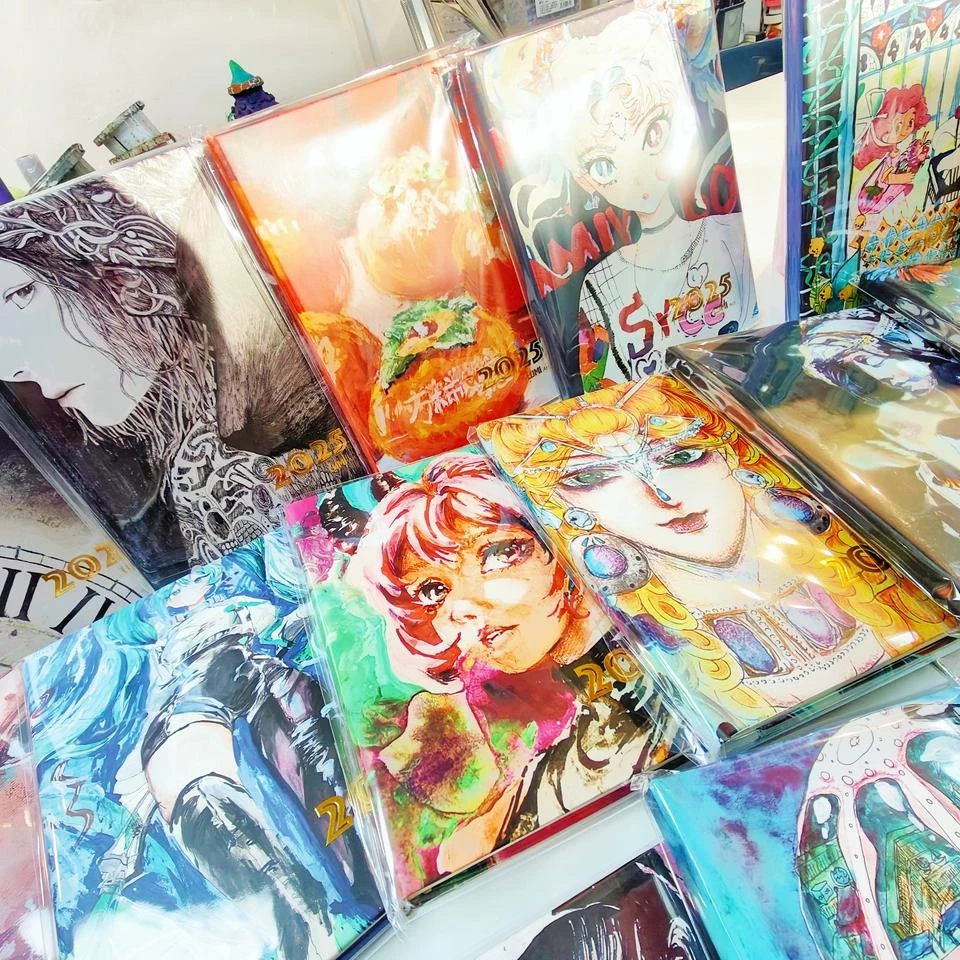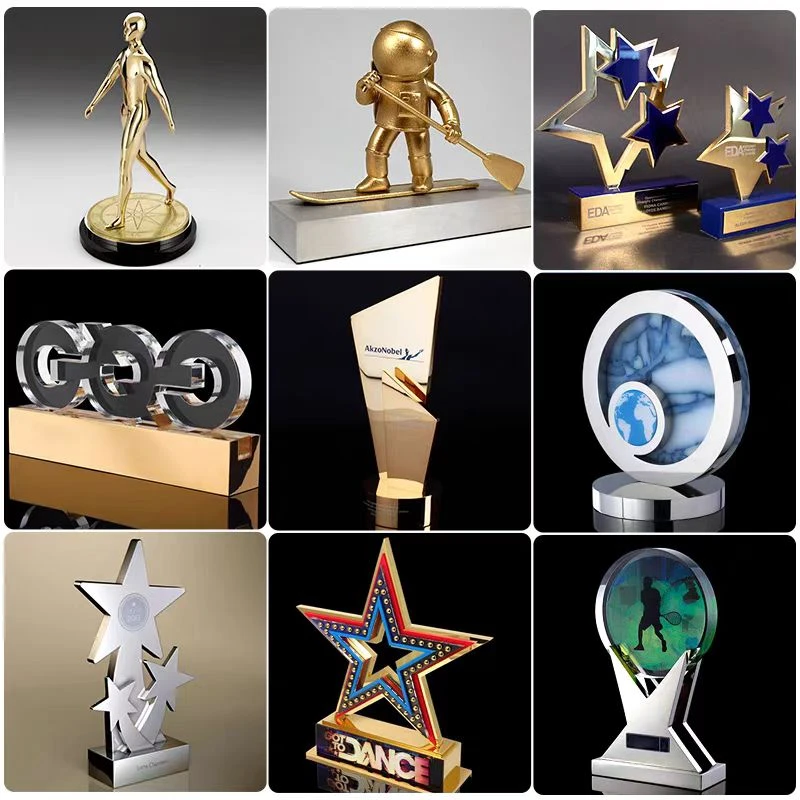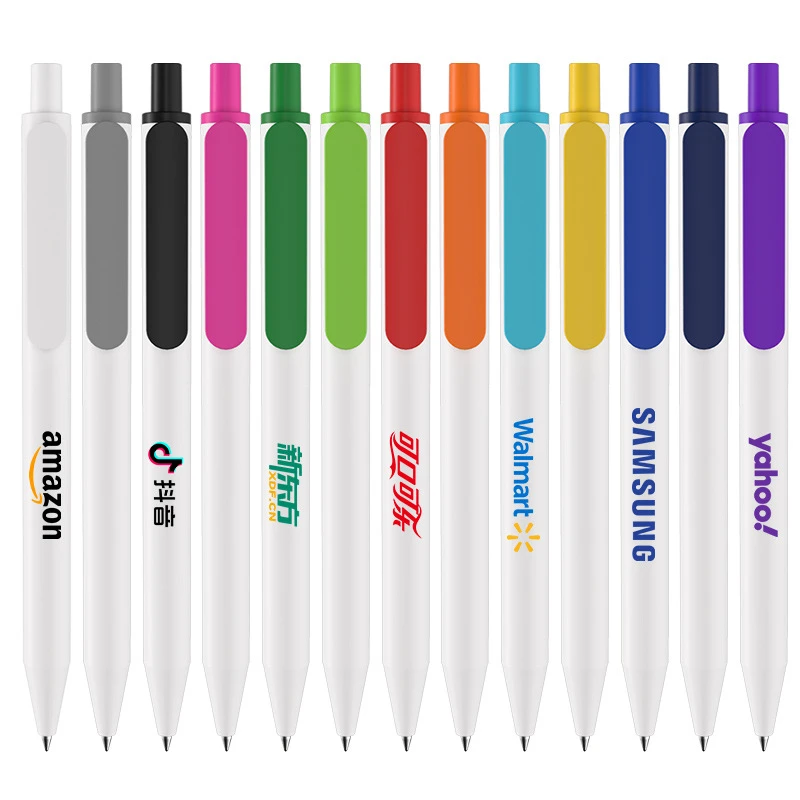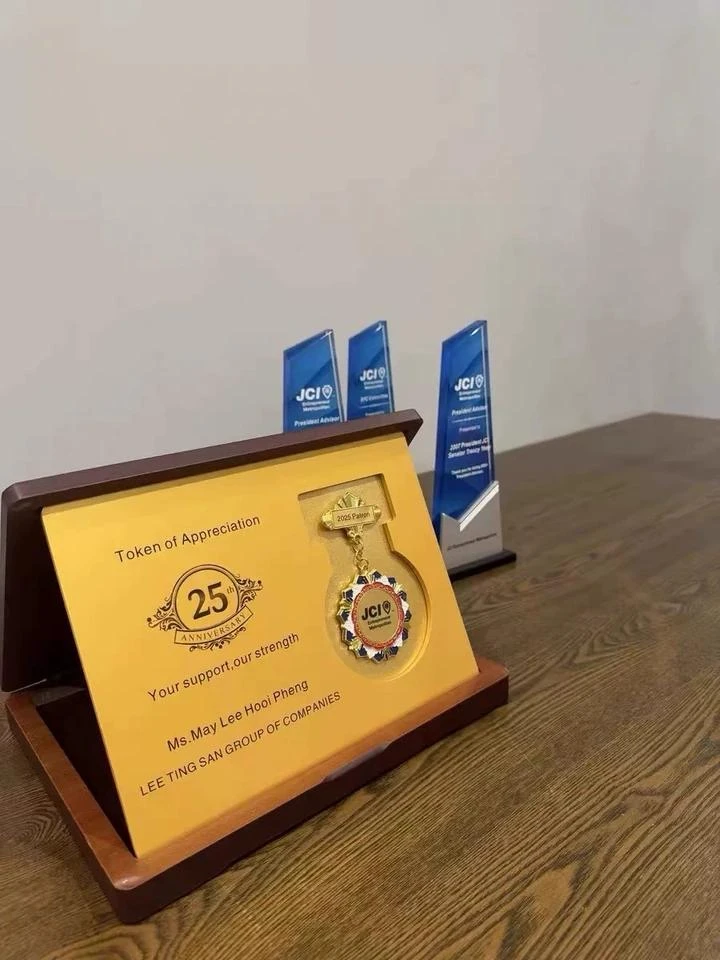Custom Printed T Shirt Bags - Personalized & Eco-Friendly Packaging Solutions
- Overview on custom printed t shirt bags
market adoption and core relevance - Understanding Material and Technical Advantages
- Comparative Analysis of Leading Manufacturers
- Exploration of Customization Options
- Industry-Specific Application Cases
- Sustainability & Regulatory Considerations
- Final Thoughts on Choosing Custom Printed T Shirt Bags

(custom printed t shirt bags)
Emergence of Custom Printed T Shirt Bags: Growth & Market Value
The market for custom printed t shirt bags has experienced significant evolution in recent years, propelled by growing branding demands and environmental awareness. Global trade reports highlight the flexible packaging industry, of which custom shirt bags are a crucial segment, reaching a valuation of $238 billion in 2023. Among these, t shirt bag formats – widely recognized for their strength and convenience – have been increasingly adopted by retailers, supermarkets, and boutiques aiming for distinct brand imagery.
Recent surveys reflect that over 68% of retail businesses consider packaging an extension of their marketing strategy, with custom t shirt bags ranking as a preferred choice for their cost-effectiveness and high brand recall potential. The bags’ characteristic ‘T’ shape supports both durability and substantial surface area for high-resolution printing, making them highly competitive as marketing touchpoints. By blending economic practicality with impactful design, these bags serve as a compelling tool in contemporary retail scenarios.
Technical Advantages: Materials & Print Quality
Innovation within custom printed t shirt bags centers on material science and print technology. Most bags are constructed using either High-Density Polyethylene (HDPE) or Low-Density Polyethylene (LDPE). HDPE bags offer superior tear resistance, lightweight form factors, and a semi-gloss finish suitable for single- or multi-color printing. In contrast, LDPE options provide a softer touch and improved print fidelity but may carry a marginally higher unit cost.
Technological advancements in flexographic and gravure printing enable vibrant, full-color graphics, gradient effects, and intricate branding elements to be reproduced accurately and at scale. According to industry statistics, over 40% of custom shirt bags now employ eco-friendly additives or recycled content, underpinning both regulatory compliance and sustainability drives.
Additional technical advantages include die-cut handles, gusseted sides for increased capacity, and anti-block treatments ensuring easy bag separation. These features, combined with controlled thickness (18-35 microns on average), meet diverse operational needs, from grocery distribution to high-end apparel stores.
Manufacturer Comparison: Data-Driven Performance Table
The selection of an appropriate partner for custom t shirt bags revolves around quality benchmarks, print options, minimum order requirements, and ecological initiatives. Below is a comparative dataset of leading global manufacturers, demonstrating key parameters for informed sourcing decisions:
| Manufacturer | Minimum Order (units) | Eco-Friendly Options | Max Colors Supported | Lead Time (weeks) | Custom Sizing | Global Shipping |
|---|---|---|---|---|---|---|
| BagPro Industries | 10,000 | 85% PCR Material | 8 | 3-4 | Yes | Yes |
| PrimePoly Pack | 5,000 | Bio-based Polymers | 6 | 2-3 | Yes | Selected Regions |
| GreenBag Custom | 15,000 | Compostable & Recycled | 7 | 5-6 | Yes | Yes |
| UrbanPack Solutions | 2,500 | Recycled HDPE | 5 | 2 | Partial | No |
This table underscores the variance in minimum orders, eco-credentials, and customization flexibility. Notably, manufacturers integrating Post-Consumer Recycled (PCR) materials or bio-based polymers demonstrate higher appeal among environmentally conscious brands.
Furthermore, advanced print capabilities ensure precise logo reproduction regardless of volume, while lead times can impact promotional planning cycles. Brands should align their sourcing strategy with both brand values and practical fulfillment needs.
Customization: Design, Size, and Print Options
The breadth of design choices for custom t shirt bags extends from size variations (from compact boutique sizes to large grocery sleeves) to an array of print techniques. Clients can specify bag gauge (thickness), handle type (patch, die-cut, loop), gusset depth, and side seals to create uniquely functional and aesthetic packaging.
Print options encompass single-spot logos, full-bleed images, sequential numbering, and QR codes for digital integration. Pantone-matched inks assure corporate color accuracy, while specialty finishes – including matte, gloss, or metallic effects – can elevate brand presentation. In terms of sustainability, custom shirt bags can incorporate up to 100% recycled resin, meeting requirements across different jurisdictions (such as ASTM D6400 for compostability or EU Directive 2019/904 on single-use plastics).
According to sector research, customized packaging increases repeat brand recognition by over 72%, reinforcing customer loyalty initiatives and supporting multichannel sales strategies.
Most suppliers offer digital proofs, low-cost setup for medium-to-large orders, and even post-print treatment for enhanced durability. Collaboration between clients and suppliers in the design phase ensures regulatory compliance, cost optimization, and market fit.
Application Cases: Industry Adoption and Impact
Custom t shirt bags find versatile application across sectors. In grocery retail, high-volume stores such as chain supermarkets utilize robust HDPE bags with gusseted sides for maximum payload and efficient checkout handling.
Apparel brands, especially those positioning as eco-conscious, have integrated custom printed t shirt bags featuring natural dyes and bio-films. One premium fashion house reported a 27% increase in unboxing social media shares after adopting bespoke branded bags.
In the takeaway food industry, these bags facilitate leak resistance while broadcasting restaurant branding. Schools and community initiatives have employed reusable custom shirt bags for event giveaways, reducing reliance on single-use plastic.
Case studies consistently highlight the dual functionality: functional transport of goods and an active advertising surface. For instance, a regional grocer documented a 43% rise in foot traffic six months after rolling out vibrantly custom t shirt bags tied to a loyalty program.
The travel and tourism sector also benefits, with city-branded souvenir bags used to reinforce regional identity and foster memorable traveler experiences.
Sustainability & Compliance: Trends in Green Packaging
The ecological landscape for custom printed t shirt bags is rapidly changing, driven by consumer demand and evolving legal frameworks. In 2023, over 55 countries enforced partial or complete bans on conventional single-use bags, propelling innovation in alternative materials and circular economy models.
For example, the adoption of PCR and PLA-based bioplastics has increased by 116% year-over-year in the U.S. retail sector. Certifications such as SGS, FSC, and ASTM D6400 are now standard benchmarks for suppliers, aligning procurement with retailer sustainability scorecards.
The ability to offer life cycle assessments, carbon footprint declarations, and end-of-life recycling programs significantly influences procurement decisions. Larger brands often pilot closed-loop bag collection schemes, turning post-consumer bags into new shopping bags – a move that resonates strongly with responsible consumers.
Transparent communication of these efforts on the bags themselves, via icons or QR codes linking to environmental commitments, further strengthens a brand’s rapport with its clientele.
Choosing the Right Solution: Why Custom Printed T Shirt Bags Stand Out
In summary, custom printed t shirt bags present a compelling fusion of brand-forward design, functional utility, and evolving sustainability. Their proven track record – spanning robust technical features, advanced print customization, responsible sourcing, and diverse use cases – makes them a preferred packaging choice for businesses intent on amplifying brand identity while meeting today's regulatory and environmental challenges.
Businesses weighing packaging strategies should balance cost, customization flexibility, material sustainability, and supplier reliability. As explored in the data-driven comparison, manufacturers who prioritize eco-friendly initiatives and extensive design support are best positioned to meet the multifaceted needs of modern retail and promotional campaigns.
Ultimately, investing in custom printed t shirt bags aligns a brand with consumer values, regulatory standards, and operational efficiency, driving both top-line growth and resilient brand loyalty in an ever-competitive marketplace.

(custom printed t shirt bags)








